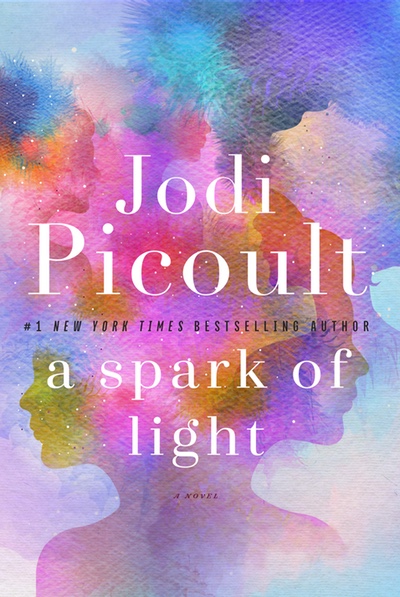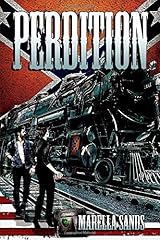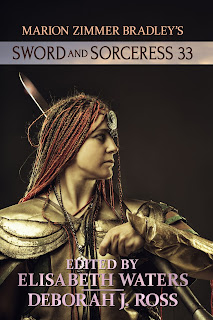From lands distant or nearby, familiar or utterly strange, historical or imaginary, from ancient times to the Belle Époque comes a treasury of luscious, elegant, romantic fantasy. Come with us on a journey through time and across boundaries, inspired by the longings of the heart and the courage residing in even the meekest person.
The release date is Valentine's Day 2019, but you can pre-order it now:
Kindle: https://amzn.to/
PBzyj6ePub: https://www.books2read.
I became acquainted with Anne Leonard through a serendipitous connection with a mutual writer friend and was delighted with her submission to this anthology.
PBzyj6ePub: https://www.books2read.
I became acquainted with Anne Leonard through a serendipitous connection with a mutual writer friend and was delighted with her submission to this anthology.
Deborah J. Ross: Tell
us a little about yourself. How did you come to be a writer?
Anne Leonard: I
started writing seriously when I was 14 and haven’t stopped (although there
have been some hiatuses). I got an MFA in fiction and just kept chugging along.
When I finally sold a novel, Moth and Spark, I was 44. I’ve always
gravitated to novels as a form and have only become really serious about short
fiction in the last few years. I’m driven by language - I love words, and bad
prose will make me give up something I’m reading even if there’s an interesting
plot. I read in many genres and try to learn from them all.
DJR: What
inspired your story in Lace and Blade 5?
AL: “Fire Season”
was originally started after a visit to Istanbul, because I wanted to write a
story about a djinni. The original inspiration was pictures of California wildfires.
I wrote it, submitted it a couple times, then let it sit. Then a California
wildfire hit my community hard (a year later, people still don’t have their
homes back), and I tore the story apart and started over with a greater sense
of what fires really do. It was grimmer but much more authentic. By that time I
knew more about how to write a short story, too, which was another impetus for
revision.
DJR: What authors
have most influenced your writing?
AL: It’s a pretty
endless list, because I am always paying attention to how other writers work.
But most of the strongest influences are probably the authors I read as a kid
and teen. I only recently realized just how much Ray Bradbury has shaped my
work. Stephen King has been an influence for sure. As a fantasy novelist, I
have been influenced by Tolkien and Le Guin. Shakespeare continues to be
influential. [Joseph Conrad's] Heart of Darkness, problematic though it is, is
a book I come back to pretty frequently. I sometimes read poetry to kick my
mind into gear, and that’s whoever I’m in the mood for at the time.













